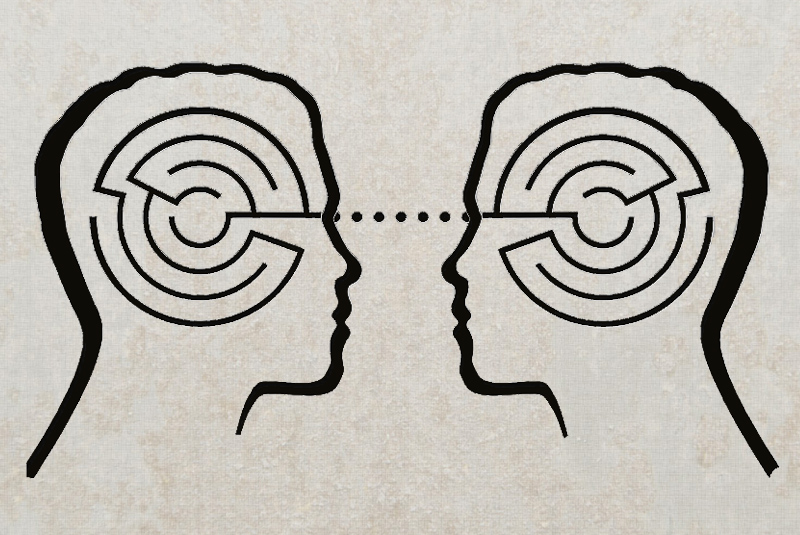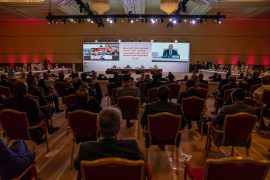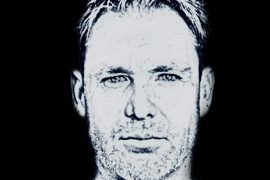Language arises from our frame of reference–of how we position what we want to communicate. The deduction is apparent. If our chassis of referral is to become all the more efficient, our language needs to reflect that—like a mirror. The matrix of reference, in the past, was that of a presumed, objective, and pre-existent reality. It reflected and imitated such a reality; also, duality. Today, language is increasingly characterised by a major emphasis on rethinking—of its nature, function, and purpose.
Language, according to Martin Heidegger, the German philosopher and seminal thinker, conveys not only information but also commitment. Heidegger reckoned that language was not about describing a separate world that existed out there. His contention, in today’s context, was clear. If we were to eliminate language, for instance, the ubiquitous computer a worker assembled would be reduced to a nonsensical object. This is simply because–as Fernando Flores, communications expert and founder of Business Design, put it–”a human society operates through the expression of requests and promises.”
Complexity thinkers Howard Sherman and Ron Schultz contend that most organisations and individuals use language as a simile in the description of narrative, or storytelling. “These language based ways of communicating and feeding back information,” they emphasise, “are in line with pragmatic philosophy.” They also argue that while business and/or management, for example, may not have truly loved stories, all right, science’s novel attempts to lighten language to its simplest form—an equation, so to speak—has now helped it to rediscover the power of the story to convey it.
Flashback. The early works of philosophy and knowledge were all written in a language that was almost metaphorical, mythological, and also evocative. Plato, for instance, didn’t write treatises. He wrote dialogues. The Indian philosopher, Madhvacárya, in a totally different epoch, wrote treatises, not dialogues. This is simply because language as a tool of communication had matured—and, there’s a deliberate effort to liberate it from mythology/metaphorical allegory. Not only that. Language has also now begun to construct a more profound, strong grammar, not to speak of the processes of analyses and conditions of intelligibility for all discourse.
-30-
Copyright©Madras Courier, All Rights Reserved. You may share using our article tools. Please don't cut articles from madrascourier.com and redistribute by email, post to the web, mobile phone or social media.Please send in your feed back and comments to [email protected]











